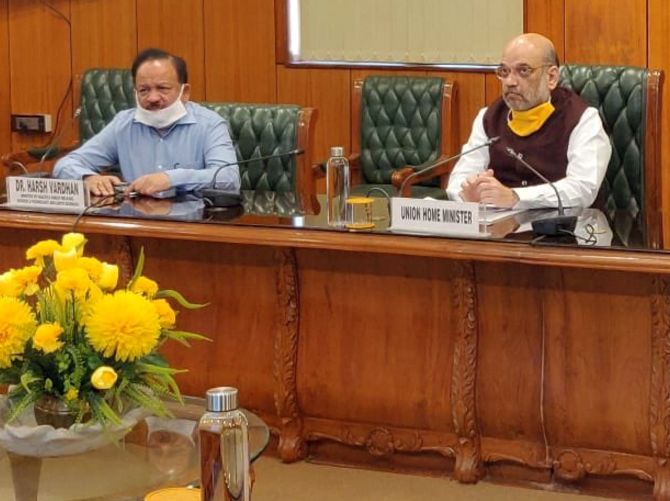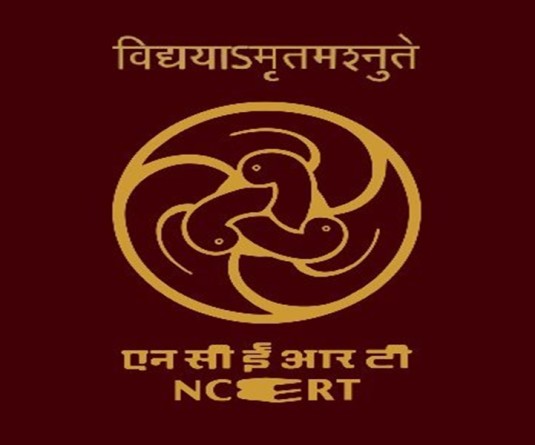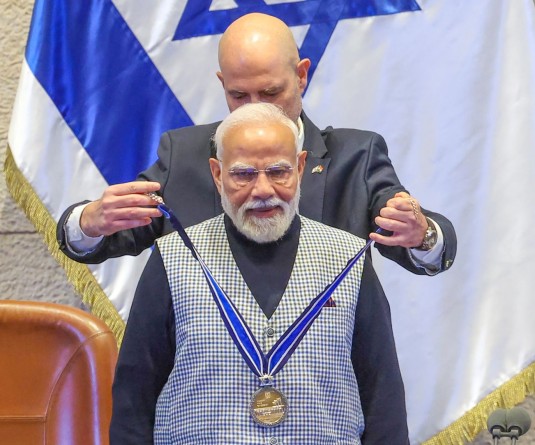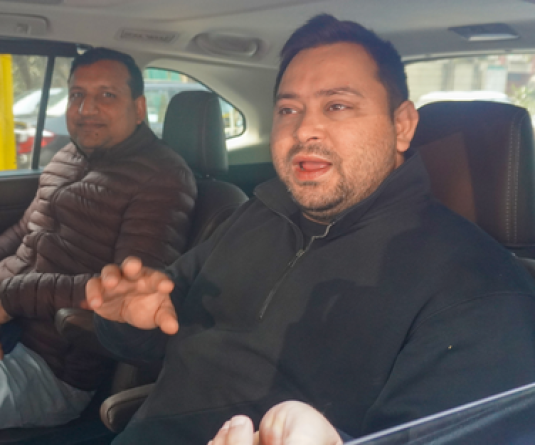Govt amends Epidemic Act; attacking medics can cost up to 7 yrs in jail

Union home minister Amit Shah and Union health minister Harsh Vardhan during an interaction with doctors and representatives of IMA through video conferencing. Photograph: @AmitShah/Twitter
New Delhi, April 22 (IANS) In a significant move, the Union cabinet on Wednesday amended the Epidemic Diseases Act, 1987 through an ordinance in order to ensure safety of health workers at a time when there has been a spate of attacks on them. Any violence against health workers may now bring steep fines and even imprisonments of up to seven years.
This move comes hours after Home Minister Amit Shah addressed Nina Medical Association through a video conference, assuring them of safety and urging them to withdraw the symbolic protest scheduled for later this month against incidents of violence on health workers pressed into CVID-19 duty.
From now on, not just such violence is cognizable but also non-bailable offence. Additionally, it has provisions to provide compensation for injury to healthcare service personnel or for causing damage or loss to the property, the government said on Wednesday.
K.S. Dhatwalia, Principal Spokesperson for the government, tweeted: "Ordinance would help protect healthcare service personnel and their living/working premises against violence".
"This actually helps protect the entire health fraternity including doctors, nurses, paramedics up to ASHA workers, " said Union I&B Minister Prakash Javadekar. The Minister said the amendment was necessitated after incidents of violence were witnessed against them while discharging their crucial duty for the country.
The amendment has ensured that the investigation takes place in a time-bound manner. A special provision is also made in the ordinance in case vehicles or clinics are damaged. In such cases, two times the cost will be recovered from assailants.
Ordinance first step in the right direction, say medics
New Delhi, April 22 (IANS) With the Union cabinet on Wednesday amending the Epidemic Diseases Act, through an ordinance, to ensure safety of health workers amid a spate of attacks on them, the measure has raised some hopes in the medical fraternity but they say this is a temporary relief and a lot more needs to be done in order to stop the violence.
Speaking to IANS, the Indian Medical Association's Honorary Secretary General, Dr R.V. Asokan said: "It is an immensely satisfying movement. However it will not stop the future violence. There are lots of limitations of this ordinance but now at least we know that the government needs business and the society as one is by doctors' side in condemning violence against the doctors.
"There is a lot more that has to be done to eliminate violence in the health care sectors but this is the first step in the right direction."
There has been a significant number of incidents of violence on the health workers across the country, following which the doctors had called for a nationwide black day. It was called off only after Home Minister Amit Shah and Health Minister Harsh Vardhan interacted with the medical fraternity and brought the ordinance, which provides for heavy fines and upto seven years jails for all those indulging in violence.
Dr Vijay Kumar Gurjar of AIIMS Delhi expressed some relief but he also echoed Asokan.
"We welcome the decision. It was a long-pending demand. We have been protesting for a very long time... right from Maharashtra incident in 2015 in which a resident doctor was assaulted by a deceased person's relatives. We worked wearing helmets as a symbol of protest to the recent assaults on doctors. But this time it is too much therefore it was a much required step to be taken by the government."
Dr Adarsh Pratap Singh, President of AIIMS Resident Doctors Association, told IANS: "This is a good step for the medical fraternity keeping in view of the pandemic situation. Something is better than nothing. But a lot needs to be done.
"The proposed central protection act needs to be implemented. The government should invest in infrastructure, primary health sector and human resource in the field of medical profession. They should make good referral policies so that people need not to come from far off places just for an ordinary fever. It poses unnecessary burden on both doctor and patient.
"There are very few doctors for thousands of people. They resort to violence when they don't get expected attention or long dates for small things like ultrasound and xray. Therefore investing a bigger share of GDP in the health sector and bringing a central protection act will solve the problem."
Speaking to IANS, Dr Saurabh Sachar of Safdarjung Hospital said: "It's a great decision. Many other countries also have stringent laws to protect their healthcare workers. I Would like to thank the government for enactment of this long pending legislative demand. Hopefully this will go a long way in instilling a sense of security in the healthcare workers and act as a much required detriment for elements who resort to violence against doctors.
"But this law should be there for all times and not just as part of the Epidemic Act."





